Does sunscreen expire?
.png?v=1668596845511)
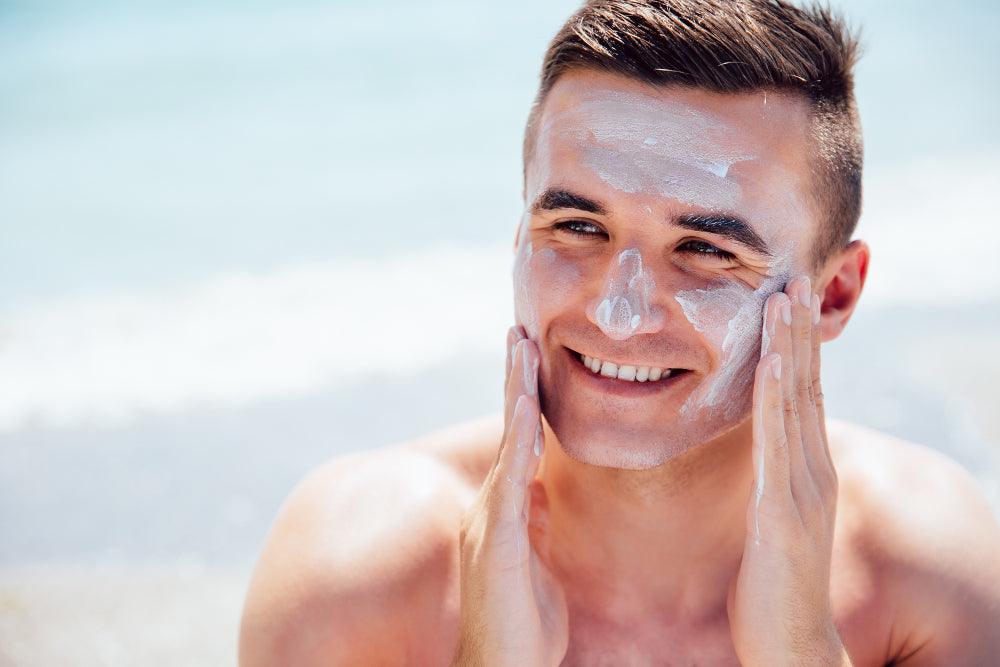
Related products
It’s summer again—time for beach trips, poolside relaxation, hiking trails, and sunshine. Along with your water bottle and sunhat, sunscreen is an essential companion for all outdoor activities. But what about that half-used tube sitting in your cabinet from last year? Can sunscreen expire, and if it does, should you still use it? This comprehensive guide explores what sunscreen expiration really means, how to spot expired products, how storage affects shelf life, and the best ways to ensure your skin stays protected.
Understanding Sunscreen Expiration and Product Shelf Life
Yes, sunscreen does expire. Sunscreen is formulated with active ingredients designed to absorb or reflect ultraviolet radiation. These ingredients lose potency over time, especially when exposed to heat or light. Most sunscreen products are designed to maintain their full effectiveness for at least three years. If the product will expire in under three years, manufacturers are required to print an expiration date on the packaging. For those that are stable for longer, it’s often up to the consumer to track when it was purchased or opened. If your sunscreen has no expiration date printed on it, it's best to treat it as expired if it's over three years old. To avoid confusion, it’s a good habit to write the purchase date on the container, especially for products you only use during specific seasons. Once opened, the exposure to air and contaminants may start to degrade the formula more quickly, making it advisable to use the product within 12 months. Remember, effective sun protection relies not only on having the right SPF level but also on using sunscreen that is still active and stable. Using an expired product could leave your skin unprotected, which defeats the purpose of applying it in the first place.
Read more: Is SPF 50 sunscreen better for you?
How to Identify Expired Sunscreen at Home
Recognizing expired sunscreen is easier than you might think. The first thing to check is the expiration date on the packaging, usually found on the crimped end of a tube or the bottom of a bottle. If there’s no visible date, consider how long ago you purchased the product. If it’s been more than three years, or if it’s been opened for over 12 months, it’s wise to inspect it further. Sensory checks can provide clear clues. Smell the sunscreen—if it has developed an unusual odor or smells sour, metallic, or off, it’s likely gone bad. Look at the texture and color. Sunscreen should be smooth and consistent; if it appears clumpy, runny, separated, or gritty, it’s no longer safe to use. Any discoloration—like yellowing or darkening—can also indicate degradation. Shaking the bottle doesn’t solve the problem if the ingredients have already broken down. In some cases, expired sunscreen might still appear normal but provide little to no protection, so visual inspection should be combined with proper tracking of usage timelines. Always err on the side of caution—if there’s any doubt about the condition or age of your sunscreen, replace it before heading into the sun. A mineral stick like the Attitude Sunly - Sunscreen Stick - Unscented - 30 SPF - 60 g is an excellent option to keep on hand and easy to track thanks to its compact format.
Why Expired Sunscreen Poses Risks to Skin Health
Using expired sunscreen may seem harmless, especially if it looks and smells fine, but its protective capabilities are often significantly reduced. The primary risk is insufficient defense against harmful UV rays. Active ingredients, whether chemical (like avobenzone or octinoxate) or physical (like zinc oxide or titanium dioxide), break down over time. This reduces the product's ability to block or absorb UVA and UVB radiation. As a result, your skin becomes more vulnerable to sunburn, photoaging, and long-term damage such as dark spots, wrinkles, and in severe cases, skin cancer. Another concern with expired products is the possibility of skin irritation. Once the formula destabilizes, it can cause redness, itching, or even rashes, especially in those with sensitive skin. The preservatives in the sunscreen may also lose their efficacy over time, allowing bacterial growth in the product if it's been improperly stored. This can introduce harmful microbes to your skin, leading to infections or breakouts. A reliable option like the Uvistat Sun Cream SPF50 UVA 3 125ml ensures both high SPF coverage and broad-spectrum protection when used before expiry.
Types of Sunscreens and How They React Over Time
There are two primary types of sunscreen—chemical and mineral—and each behaves differently over time. Chemical sunscreens contain ingredients like oxybenzone, avobenzone, and octinoxate. These compounds absorb UV rays and convert them into heat, which is then released from the skin. However, chemical filters are more prone to breaking down when exposed to sunlight and high temperatures, meaning they often degrade faster and need careful storage. Mineral sunscreens, on the other hand, use ingredients like zinc oxide and titanium dioxide. These act as physical barriers, sitting on the skin’s surface and reflecting UV rays. Mineral sunscreens are more stable than chemical versions and are less likely to degrade under heat or sunlight. They’re also generally less irritating, making them ideal for sensitive skin types and children. One such product is the Badger Sunscreen Clear Zinc SPF 30 82g, which uses non-nano zinc oxide for natural, reef-safe protection. Over time, both types can lose their effectiveness. Even mineral sunscreens can separate, dry out, or change in texture if stored improperly. The inactive ingredients—like emollients, thickeners, and preservatives—can also degrade, affecting the overall performance and safety of the product.
Proper Storage Practices to Extend Sunscreen Shelf Life
How you store sunscreen can significantly influence how long it remains safe and effective. Exposure to heat, humidity, or sunlight can accelerate the degradation of both chemical and physical sunscreen ingredients. The best place to store sunscreen is in a cool, dry, and dark environment—like a drawer or cabinet away from windows. When taking sunscreen outdoors, avoid leaving it in direct sunlight or in a hot car. Instead, keep it in a shaded bag or cooler when possible. Never store sunscreen near heaters or vents, and avoid leaving it in the bathroom where humidity levels can be high. Moisture can alter the consistency and effectiveness of the product. Always close the cap tightly after use to prevent air from entering, which can cause oxidation of the active ingredients. Clean your hands before applying sunscreen to avoid introducing bacteria into the bottle, particularly for products in jars or tubs. For those who prefer spray formats during summer travels or beach outings, the Nivea Sun Sensitive Immediate Protect Spray SPF50+ UVA 4 200ml offers an easy-to-apply solution that is also sensitive skin-friendly.
How to Use Sunscreen Effectively for Complete Protection
Even the most advanced sunscreen formula won’t protect your skin if applied incorrectly. For full UV protection, sunscreen must be applied generously and evenly to all exposed skin areas. Experts recommend using about one ounce—roughly the size of a shot glass—for full body coverage. Application should be done 15 to 30 minutes before sun exposure to allow the product to form an effective barrier. Pay special attention to commonly missed areas such as the ears, back of the neck, hairline, tops of feet, and backs of hands. Use lip balm with SPF 15 or higher to protect the delicate skin on your lips. Reapplication is just as crucial as the initial layer. Sunscreen should be reapplied every two hours, or immediately after swimming, sweating, or towel-drying—even if the product is labeled water-resistant. If you’re wearing makeup, consider layering with a setting spray or powder that contains SPF for added protection without disturbing your look. Products like the EVE LOM Daily Protection SPF 50 Facial Sunscreen 50ml are especially well-suited for facial use, offering daily wearability with high protection and a smooth, lightweight texture.
Additional Strategies for Preventing Sun Damage
While sunscreen is an essential line of defense, it works best as part of a comprehensive sun protection strategy. Clothing, accessories, and smart planning all contribute to keeping your skin safe from harmful rays. Wear lightweight, long-sleeved shirts, wide-brimmed hats, and UV-blocking sunglasses when spending time outdoors. Some clothing is now designed with UPF (ultraviolet protection factor) built into the fabric, offering enhanced protection for long exposure periods. Seek shade during peak sunlight hours, typically between 10 a.m. and 4 p.m., when UV radiation is strongest. If you’re at the beach or on a hike, bring along a sun umbrella or find cover under trees. Be mindful that UV rays can reflect off surfaces like water, sand, and pavement, increasing your exposure even when you’re not in direct sunlight. Stay hydrated, as your skin performs better when well-moisturized from the inside out. For more daily-use solutions and specialized products tailored for individual skin concerns, visit the sunscreen skincare collection, which includes water-resistant options, sensitive formulas, and SPF moisturizers.
When and How to Replace Your Sunscreen Supply
Keeping track of your sunscreen’s age and condition ensures that you’re always using a product that provides the protection it promises. Start by noting the purchase date of any new sunscreen, especially if the packaging doesn’t include an expiration date. If you only use sunscreen during the summer months, mark your calendar to check your products at the start of each new season. Always inspect the product before use—regardless of how recently it was purchased. If it smells strange, has separated, or looks unusual in color or texture, it’s time to discard it. Make sunscreen replacement a part of your skincare routine, just like replacing toothbrushes or razors. Consider purchasing smaller bottles if you find that your sunscreen often lasts more than a season—this reduces waste and the risk of using expired products. For a full selection of dermatologist-approved sun care solutions, explore the complete skin care collection which includes options for daily, travel, and sport use across all skin types.
Conclusion: Make Sunscreen a Year-Round Skincare Priority
Sunscreen is a simple, science-backed tool for preventing a wide range of skin issues, from sunburn and premature aging to potentially life-threatening conditions like skin cancer. But it only works if it’s used correctly and consistently—and that includes making sure it hasn’t expired. Always check your products before use, store them properly, and know the signs of degradation. Whether you’re heading to the beach, out for a walk, or simply sitting by a sunny window, sunscreen should be a non-negotiable part of your routine. Combine it with shade, protective clothing, and smart sun timing for the most comprehensive skin protection possible. When in doubt, replace that old bottle. Your skin will thank you for the fresh, effective defense.







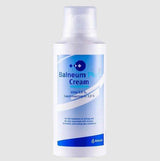






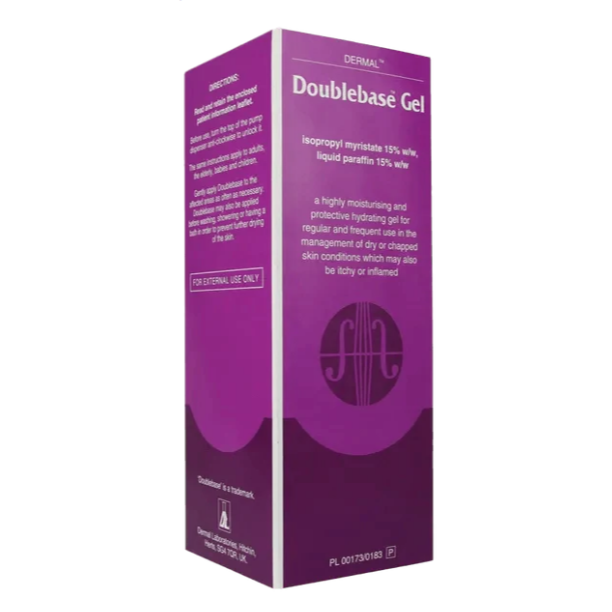
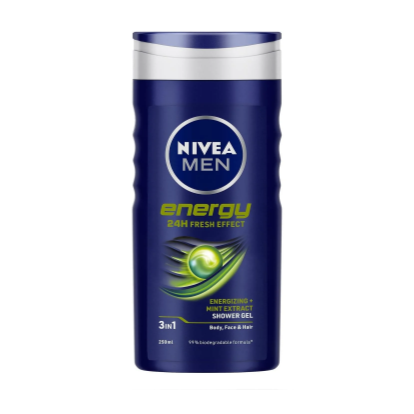



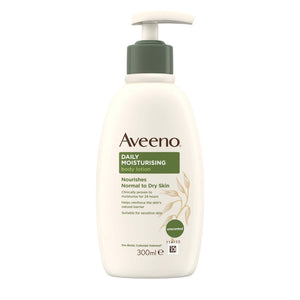





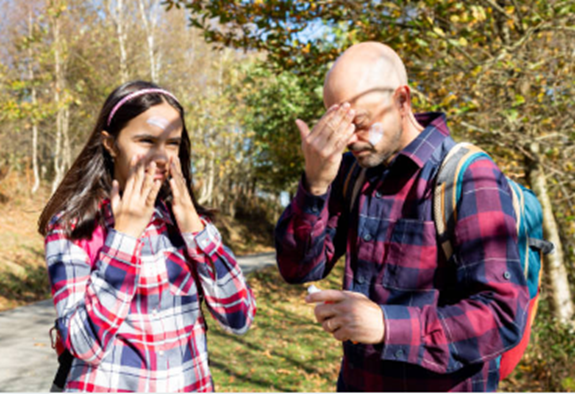



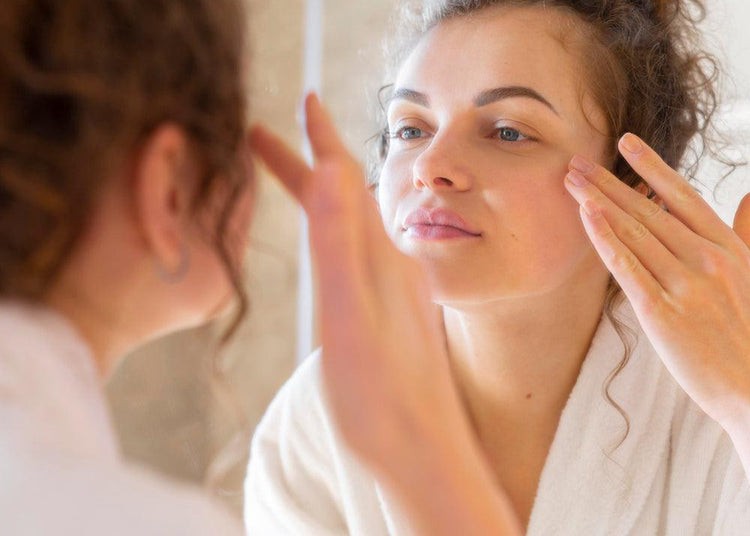


 Rated Excellent by 26,523+ Reviews
Rated Excellent by 26,523+ Reviews